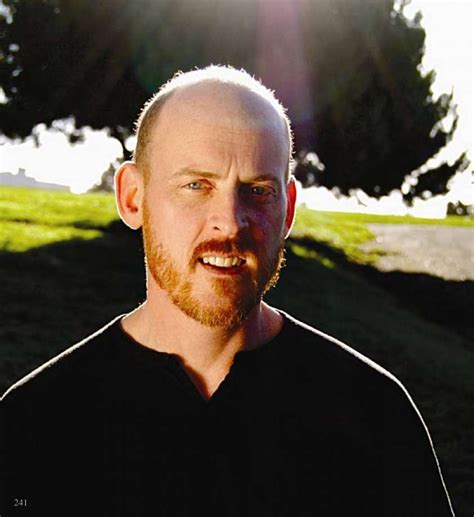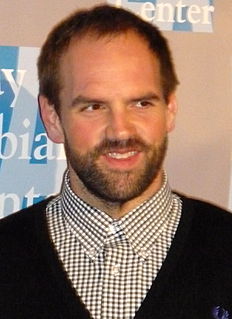A Quote by William Monahan
You know a shooter when you see it. At least the creative people do. If a picture isn't obvious in the first draft you're kind of screwed.
Related Quotes
With Ibrahim al-Koni, what I figured out was - and you'll see this in his novels - if your time is limited, make the unit of the chapters small so that you can finish one a day, at least in the first draft. Once you have the first draft it's living, and you can coax it to grow and trim it and reshape it and so on. But get that first draft. I think if I'd gone to an MFA program and learned that, it would have been money well spent. But translation has been that for me.
Almost all good writing begins with terrible first efforts. You need to start somewhere. Start by getting something-anything-down on paper. A friend of mine says that the first draft is the down draft-you just get it down. The second draft is the up draft-you fix it up. You try to say what you have to say more accurately. And the third draft is the dental draft, where you check every tooth, to see if it's loose or cramped or decayed, or even, God help us, healthy.
I am a technophile, so there is no such thing as a first draft. The first draft plunges on, and about a quarter of the way through it I realise I'm doing things wrong, so I start rewriting it. What you call the first draft becomes rather like a caterpillar; it is progressing fairly slowly, but there is movement up and down its whole length, the whole story is being changed. I call this draft zero, telling myself how the story is supposed to go.
Offense at Indiana is not equal opportunity. Those players who shoot best are going to shoot most. It is important that every player know his offensive limitations. It is also important that a player know who the best shooter is on the team. When a passer has the option of passing to two players, I expect him to get the ball to the best shooter. I continually stop practice and ask players who the best shooter is and I expect them to know. It is important that you get the ball to your best shooter.




































